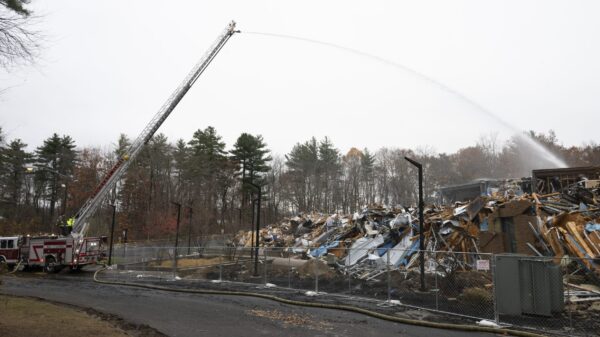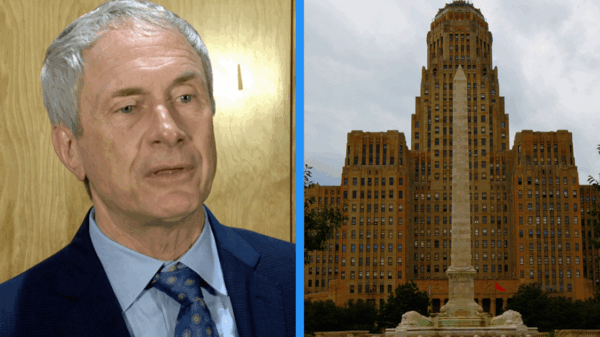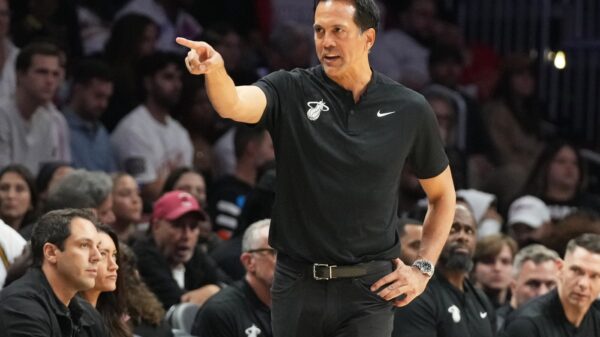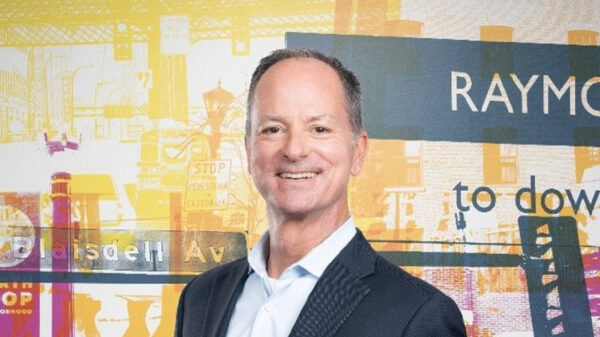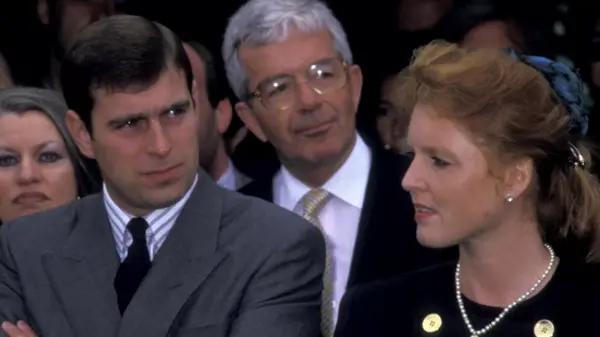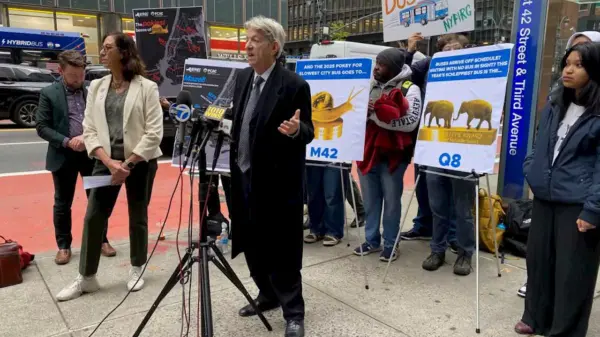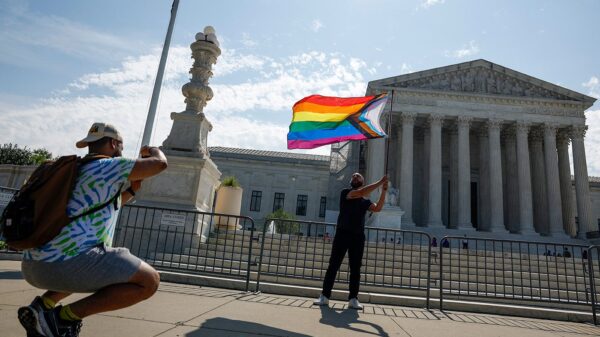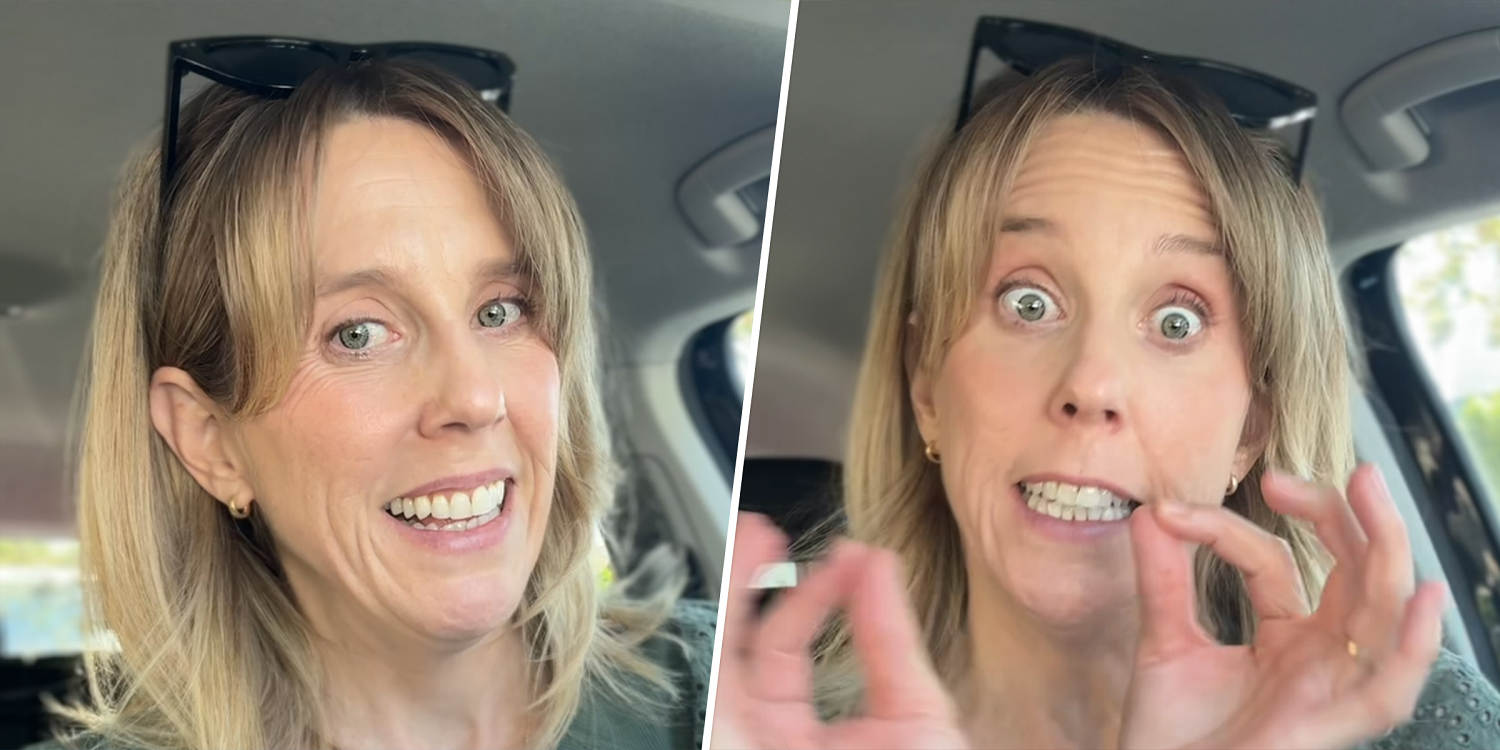A recent video shared by Los Angeles mother Beth Crosby has ignited a lively discussion on parenting styles at playgrounds. Crosby openly identifies as a parent who prefers to observe rather than engage directly in play with her child, Grace, aged nine. She describes the playground as a setting where children can navigate social interactions independently while parents maintain a watchful presence.
Crosby articulates her perspective by stating, “I know I’m going to get hate for it… I don’t play with my kid at the park. Period.” Her comments highlight her belief that playgrounds are valuable spaces for children to handle their social dynamics and enjoy unstructured play. She humorously adds, “When I see a full-grown adult on the play structure going down the slide, swinging on the swings with their kid, I get angry, because now they’ve made us look bad.”
In a recent post, Crosby emphasized the quality time she spends with Grace outside the park, engaging in activities like baking, biking, and watching movies. She noted that strict limits on device usage mean she is actively involved in her daughter’s life. “So when I decide to take my kid to the park, honeyyyyyyy that is MY TIME,” she declared.
Crosby’s video has received an array of responses from her followers, with many supporting her viewpoint. One follower remarked, “Amen. It’s recess time – go run and be social!” Others echoed her sentiments, appreciating the opportunity for children to make friends without adult intervention. However, some responses cautioned against being too critical of parents who choose to engage in play, sharing their own experiences as caregivers.
One commenter reflected, “Don’t judge those parents too harshly, you never know what their story is.” This acknowledgment illustrates that parenting styles can vary significantly based on individual circumstances.
Crosby’s approach has also led to her own social connections, as she has met fellow parents at the playground. “I met two of my very best mom friends, women I never would have crossed paths with otherwise,” she shared. These friendships emerged naturally as their children played together, demonstrating the social benefits of allowing kids to engage with peers independently.
Dr. Deborah Gilboa, a parenting expert, supports Crosby’s viewpoint by framing playgrounds as venues where parents should act more like lifeguards than participants. She states, “You’re there to make sure the kids follow safety rules and to help if someone gets hurt, but you don’t need to be the swimmer.” Gilboa emphasizes that while it is acceptable for parents to engage in play if they choose, there is no inherent obligation to do so.
The playground environment, according to Gilboa, serves as a valuable space for children to develop resilience and creativity. “A new space with physical challenges along with the chance to be a little bored, use their imagination and make their own fun builds all kinds of resilience, creativity and brain power,” she explained.
As more parents share their perspectives on playground dynamics, discussions like Crosby’s highlight the diversity of parenting experiences and the varied needs of children in social settings.

















